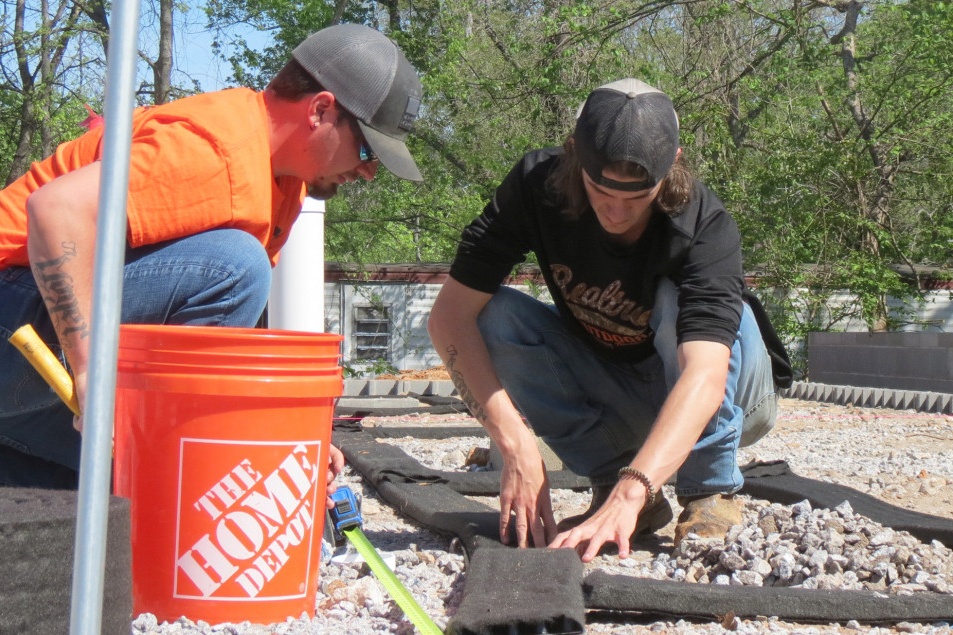
As summer draws to an end, both students and parents need to prepare for the return to school.
While a new backpack and a collection of notebooks and pens might top their to-do list, students also need to prepare emotionally, said Diane Bales, a human development specialist for University of Georgia Cooperative Extension and a professor of human development and family science in the UGA College of Family and Consumer Sciences.
Students get to take a break from the stress of academic demands and social situations during the summer and, for some students, heading back to school is like entering a pressure cooker.
Encourage open communication
The key to helping children prepare to return to school is to start talking about it early.
“As school approaches, parents should talk about whether there is anything worrying the student about going back to class,” Bales said. “Parents need to look for nonverbal cues. Is the child acting like he or she doesn’t want to go back to school?”
If children say that they don’t want to go back to school or act like they don’t want to go back to school, parents need to probe a little bit to find out why, Bales said.
“If they have an issue that’s carrying over from the previous year, go ahead and address it with the student, and make his or her teacher aware, if necessary,” Bales said.
For younger children, parents may want to go ahead and write or call the school and let them know about any concerns they have about bullying or any particular bullies.
Stressors at different ages
For older children, parents can help students develop strategies for avoiding uncomfortable social situations and strategies for dealing with any bullies. With middle and high school students, parents need to empower their children to handle tough social situations.
“Coming up with plans for how to handle specific situations is a good way to help ease some of the anxieties of going back,” Bales said. “Telling a child just to avoid a bully or someone they have had challenges with is not as effective.”
Middle school and high school students also need to be reminded that bullying behaviors and abuse at school is not normal.
“There’s such a culture among kids that you just don’t tell on each other,” Bales said. “Kids need to know that bullying is not healthy, and the person who is doing the bullying probably also needs help. Students have a responsibility to speak up if they’re being bullied or if they see someone else being bullied.”
Keeping the lines of communication open about students’ worries and hopes for the new school year is key to making each school year the best it can be, Bales said.
Learn more about signs of stress and how to talk about mental health with your child at samhsa.gov and mhanational.org. For free or low-cost child development programs and resources, visit extension.uga.edu or contact your local UGA Extension agent.






